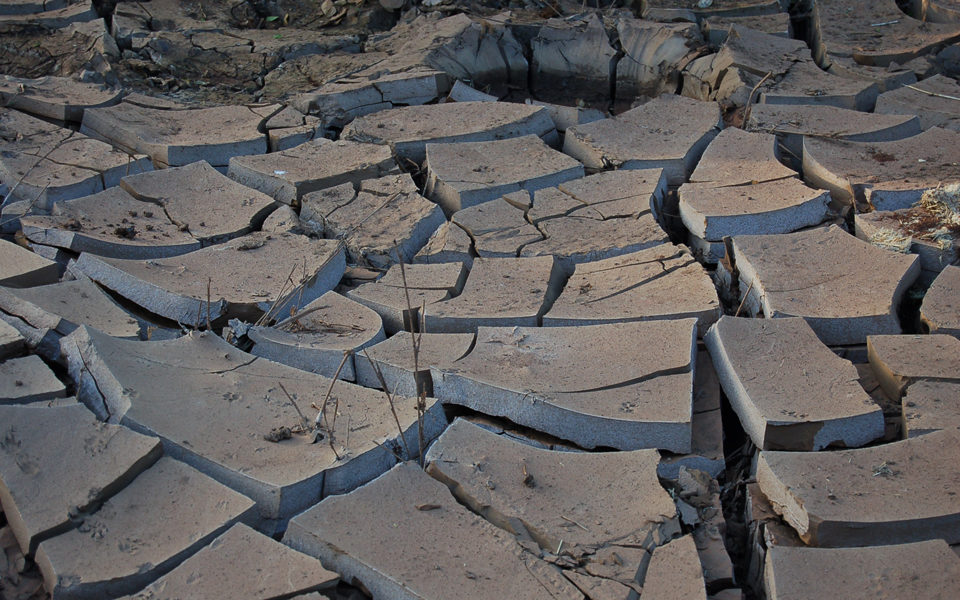In September, the BBC released its first ever guide to reporting on climate change. They admit to getting climate change coverage wrong too often. They also provided a one hour course training for their staff. Now that the BBC has officially announced their position on climate change, we asked CBC if they plan to follow suit.
CBC’s current stance on climate change does in fact exist, but according to the director of Journalistic Standards and Practice Paul Hambelton, no similar guide to the BBC’s is necessary.
“You do not need to include outright deniers of climate change in BBC coverage in the same way you would not have someone denying that Manchester United won 2-0 last Saturday. The referee has spoken,” the BBC guide states.
In the BBC’s guide, it defines climate change, false balance and the common misconceptions of climate change. Last year, it was under heat for airing an interview with Lord Lawson where he falsely stated that global temperatures haven’t increased in the last decade. Now the BBC has pledged to no longer give airtime to climate change deniers.
Just like the BBC, CBC trusts the science in their own reporting, “but we’re certainly open to reporting on other people’s ideas on climate change,” Hambelton added.
The BBC’s guide encourages journalists to find ways to tie extreme weather events to the trends in climate change. Hambelton said that they would not recommend that for their journalists.
But Johanna Wagstaffe, a meteorologist for CBC News Vancouver, has a different perspective. She told the Review that there has been an increasing emphasis on climate change as a conversation in their newsroom. She said the focus is less on linking every weather report to climate change and more on increasing the details around how climate change plays a role in natural disasters.
“[With] every recent storm event, we’re trying to be careful not to use the same kind of terminology like, ‘Well, every weather event can be attributed to climate change when you step back and look at the trends.’ I think we’re trying to go deeper than that and that’s an important distinction to make,” Wagstaffe said.
Wagstaffe points to Hurricane Florence as an example: “We’re not trying to say it would have never happened without climate change, because hurricanes have always been happening. But it’s trying to talk about the fact that storm search is higher, and rainfall is greater, and the storm slowed down more because of climate change,” she said. “The impacts that we’re seeing more[of], not the fact that hurricanes are getting worse and there’s more of them.”
Typical climate change reporting has been put in two categories: doomsday coverage or natural disaster reporting without a link to climate change. The BBC guide mentions this issue and suggests an approach for journalists to clarify the impact of climate change.
While the national broadcaster can aim for more meticulous reporting, Wagstaffe says as the station science reporter for her newsroom, she’s choosing to report in a way that normalizes climate change as an accepted fact.
“My strategy is to … engage the people who are willing to have a conversation about it and educate people who are on the fence and listen to people who want to have a conversation rooted in science,” Wagstaffe added. It’s conversation she says she has with herself everyday.
Speak Visually. Create an infographic with Visme
